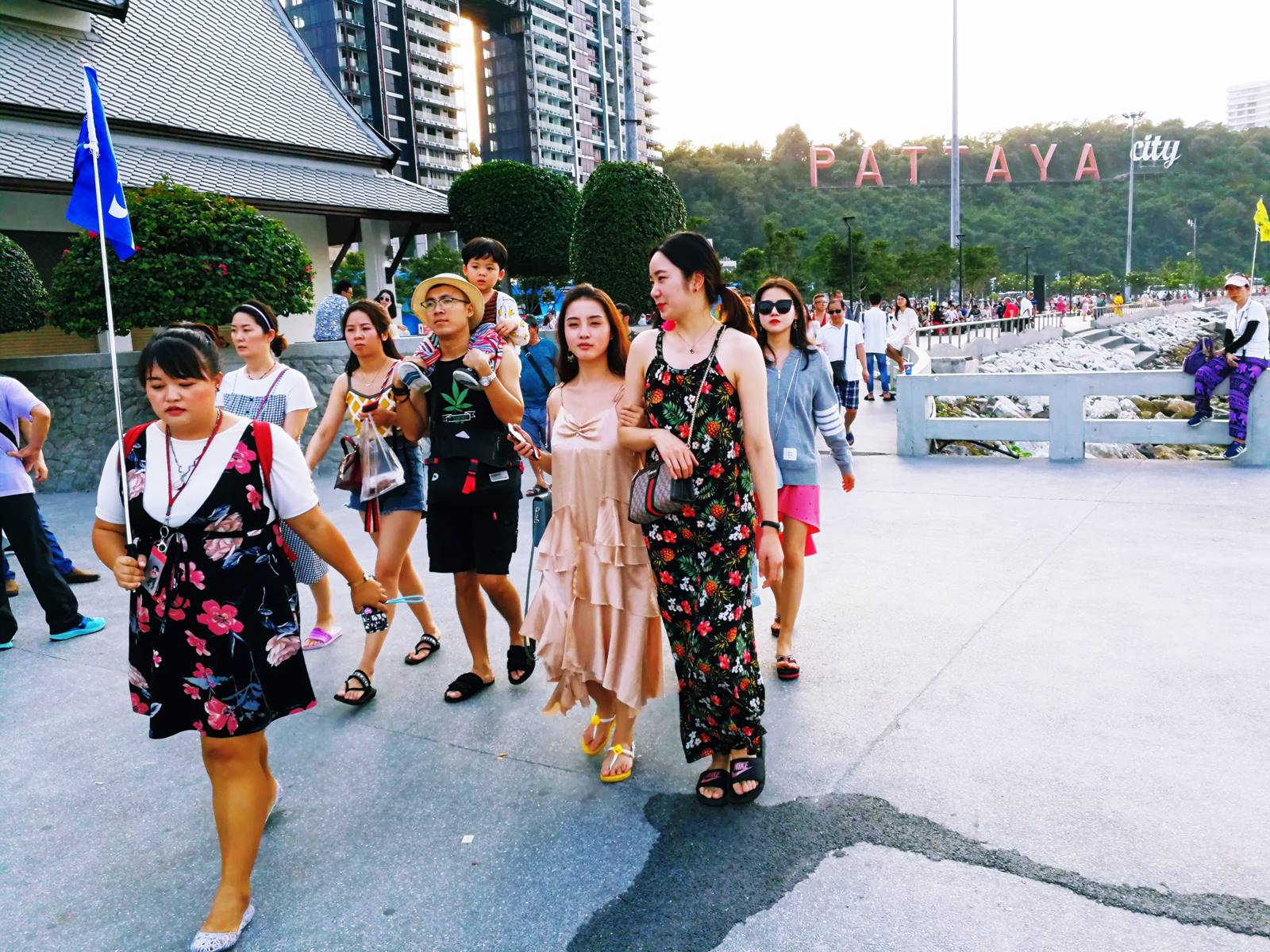Politics
Why are women supporting Myanmar’s ‘religious protection laws’?
Authors: Matthew J Walton, Melyn McKay and Ma Khin Mar Mar Kyi, University of Oxford
In mid-August 2015 Myanmar’s parliament passed the final two of four controversial religious protection laws. The bills have now been signed into law by President Thein Sein, joining the Interfaith Marriage Law and Population Control Law. The international narrative depicts them as a package of legislation that discriminates against women and non-Buddhists, being promoted by anti-Islamic nationalists led by MaBaTha (or the Organization for the Protection of Race and Religion) and the 969 Movement. In Myanmar, the legislation is opposed by civil society groups — led most vocally by women’s and rights groups — who argue that the laws violate international norms, Myanmar’s treaty obligations, and are likely to further inflame religious conflict.

Yet this simplistic binary narrative of opposition ignores the appearance of widespread support for the laws not only among large swathes of the male population, but also among some women. How do we explain the fact that some groups of women in Myanmar would back a set of laws that other groups of women claim will be bad for women?
To date, the general discourse focuses on the ways prominent monks may use the laws to gain socio-political influence for MaBaTha and 969. Similarly, political parties and government officials are thought to back the legislation strategically as a way of courting Buddhist voters. But these instrumental accounts cannot effectively explain laywomen’s support for the laws. Most Myanmar women are not in a position to realise these types of political benefits.
Another explanation either explicitly or implicitly suggests that women who advocate for the laws do not fully understand them and are themselves naive, manipulated, and/or exploited by power-hungry monks and political leaders. This argument is equally problematic as it is not only demeaning to women — who have frequently taken a very active, visible role in the protests in Rakhine State or the nation-wide signature campaigns — but also strips them of agency by not recognising them as self-aware, rational actors.
How do women explain their support for these laws and for the monk-led groups that promote them? Interviews in Rakhine State, for example, reveal that the most pressing and immediate fear for many women is the threat, plausible or not, of physical assault or rape by Muslim men. It is undeniably true that politicians have continuously overlooked the issue of physical and sexual violence against women in Myanmar, in part due to the perceived ‘traditional high status of women’. In their rhetoric, monks like U Wirathu, a prominent figure in 969 and MaBaTha, have taken it upon themselves to protect not only Buddhism but specifically, Buddhist women, by acknowledging these fears and pledging to take action in defence of women.
Despite this protection being specifically and only offered against Muslim men, for many women in Rakhine State it is still more of an acknowledgement of the precariousness of women’s lived experiences than they see is typically provided by other groups.
It should be noted that none of the religious protection laws deal with physical or sexual violence against women. MaBaTha’s legislative platform does not do anything to directly address this primary concern that Rakhine Buddhist women have expressed. But the general stance of the organisation and its representatives has been to engage sympathetically with Buddhist women. They denounce other political actors for not responding to their fears and loudly and publicly claim that they are acting on behalf of women.
There is another dynamic at work here. Despite frequent claims regarding the traditional high status of women in Burmese culture, the position of women within Burmese Buddhism remains inferior culturally, if not as obviously in the political or juridical sense. Besides a persistent belief that one must be reincarnated as a man in order to become enlightened, institutionalised paths to religious authority or influence are closed off to women. Burmese nuns (thila shin) are not considered to be of similar status as monks.
Women must also navigate confining roles within marriages and families, producing additional fear, anxiety or unhappiness. While entering the monastery offers other ways of living in the world, it too falls short of enabling the majority of thila shin to freely pursue their spiritual and ethical objectives, as most women remain indelibly tied to familial obligations outside the monastery.
In a highly restricted context like this, supporting 969, MaBaTha or the religious protection laws can be a way for women to take a leading role in the protection of Buddhism — a central and well-regarded means of merit-making. Prevented from obtaining traditional positions of religious authority, it’s unsurprising that some women would embrace these avenues as a way of claiming or asserting a religious identity and achieving the religious objectives that are limited by their role within lay and monastic society.
The intention of this analysis is not to challenge or undermine the argument made by civil society groups that Myanmar’s religious protection laws are discriminatory against women and non-Buddhists, violate international human rights norms and treaty obligations, and are likely to exacerbate religious conflict. These points are all true. But these reasons appear unlikely to convince enthusiasts of the laws — including women — to withdraw their support.
Closer examination of the experiences of women who back a package of laws that some claim runs contrary to their interest reveals the self-aware and nuanced ways in which women evaluate and navigate their religious and cultural circumstances. Civil society groups will need to engage directly and honestly with the full range of Myanmar women’s grievances and desires, if they wish to effectively campaign against these laws and the discrimination and conflict they are likely to produce.
Matthew J Walton is Aung San Suu Kyi Senior Research Fellow in Modern Burmese Studies at St Antony’s College, University of Oxford. Melyn McKay is a DPhil candidate in social anthropology at the University of Oxford and a research consultant in fragile and conflict states for Integrity Research and Consultancy. Ma Khin Mar Mar Kyi is an award-winning film-maker and Daw Aung San Suu Kyi Research Fellow in Gender and Burmese Studies at Lady Margaret Hall, University of Oxford.
This article is adapted from a longer piece that will be featured in a forthcoming issue of the journal Review of Faith and International Affairs.
Continue reading here:
Why are women supporting Myanmar’s ‘religious protection laws’?
Politics
US Navy Carrier Conducts Exercises in South China Sea

TEHRAN (Tasnim) – A US Navy aircraft carrier conducted exercises in the contested South China Sea on Friday, the US navy said in a statement. –
A strike group led by the USS Ronald Reagan conducted flight operations and high-end maritime stability operations and exercises, the statement said, Reuters reported.”Integration with our joint partners is essential to ensuring joint force responsiveness and lethality, and maintaining a free and open Indo-Pacific,” US Navy Commander Joshua Fagan, Task Force 70 air operations officer aboard USS Ronald Reagan, was quoted as saying.The drill comes amid heightened tensions between the United States and China.
Washington has criticized Beijing over its novel coronavirus response and accuses it of taking advantage of the pandemic to push territorial claims in the South China Sea and elsewhere.The United States has long opposed China’s expansive territorial claims in the South China Sea and has sent warships regularly through the strategic waterway.China has objected to such exercises and said the US rejection of its claims in the South China Sea has raised tension and undermined stability in the region.China claims nine tenths of the resource-rich South China Sea, through which some $3 trillion of trade passes a year. Brunei, Malaysia, the Philippines, Taiwan and Vietnam have competing claims.
Politics
How China is using tourism for geopolitical goals
The Chinese government has a degree of leverage over its tourists that other governments do not enjoy. Many Chinese tourists are new to international tourism and have limited international language abilities

Decades of astonishing economic growth have given China new tools for extending its influence abroad and achieving its political goals.
(more…)












